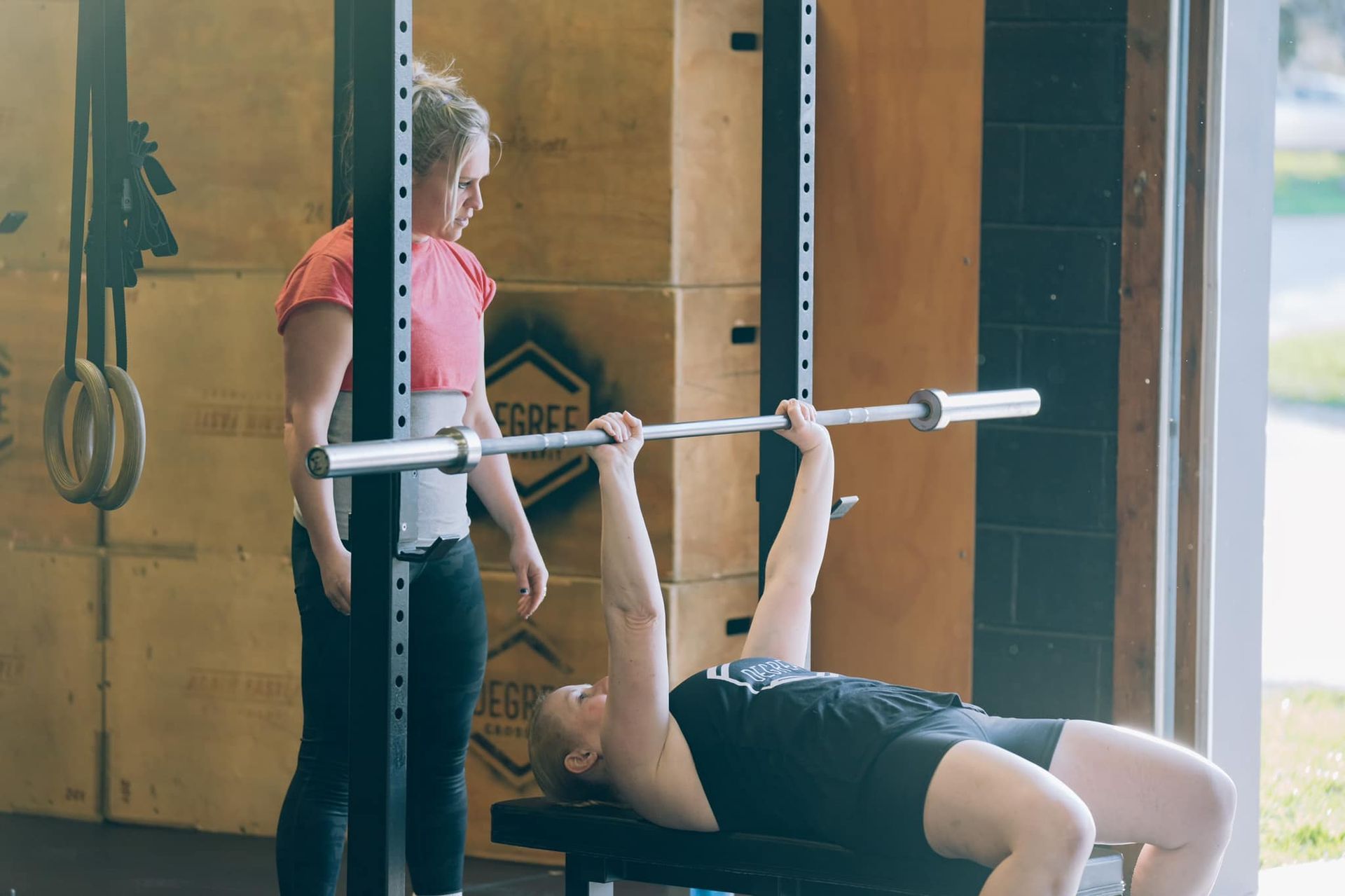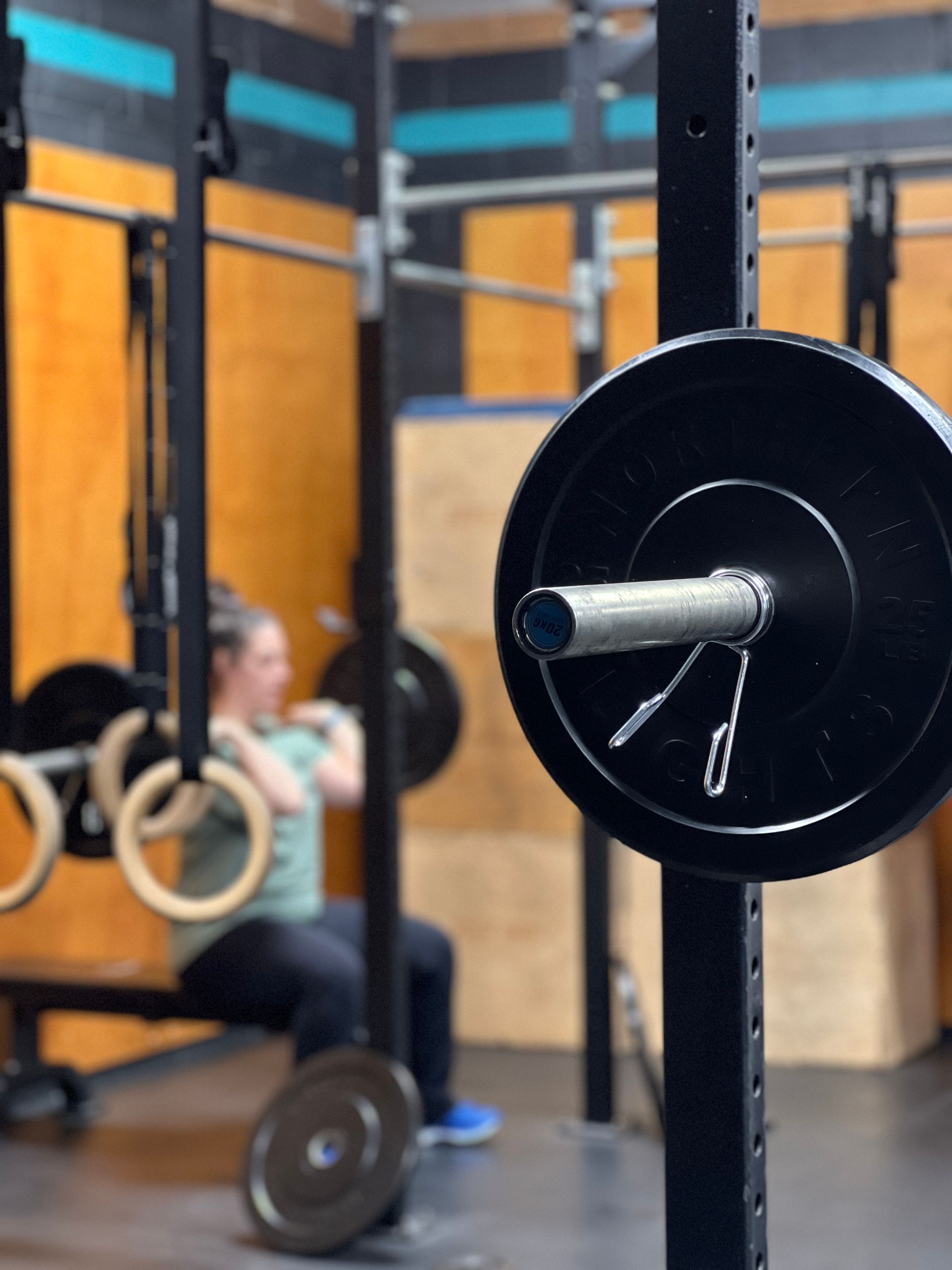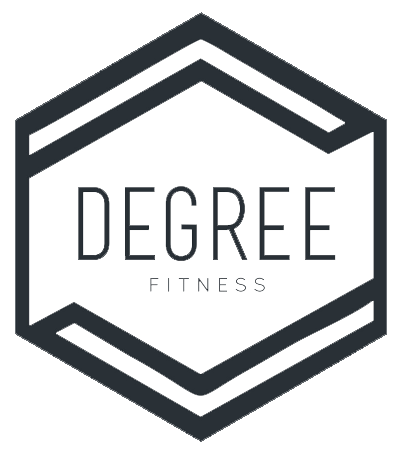Why Exercise is SO Important for Bone Health As We Age
Written By: Coach MJ
According to Osteoporosis Canada : “Exercise is an important step towards protecting your bones, as it helps protect your spine, slows the rate of bone loss, and builds muscle strength, which can prevent falls.”
A balanced fitness routine doesn’t need to be difficult or take a long time.
If you walk or do other cardio based activities on a regular basis, adding in some strength training using light weights, bands and bodyweight movements can go a long way toward improving your overall health and fitness as well as building up our bone density.
The key to a good exercise program is finding one that you like to do, that fits with your strengths and abilities at the present time and that is something that you enjoy doing. This is going to look different for everyone and change during the various stages of our lives.
Our Wellness Coaching program at Degree is a great place to start! All ages and abilities are welcome, no previous gym experience necessary. We help you find the movements and exercises that work best for you by working with your coach, adjusting any movement as needed if we have limitations due to injuries, chronic conditions such as arthritis or other conditions that may limit our range of motion.
To find out more, start with a Free Intro Meeting with one of our Team to get to know you and any concerns you may have. It gives you the opportunity to check out the programs offered and see what the gym is about and how it may be the place for you to get started on your fitness journey!
Contact info@degreefitnessseaforth.com to set up your appointment today, or click HERE!



